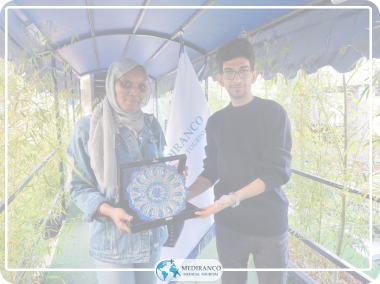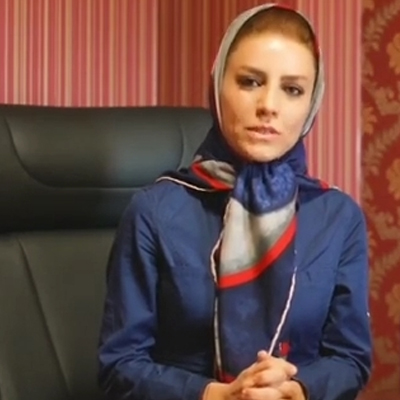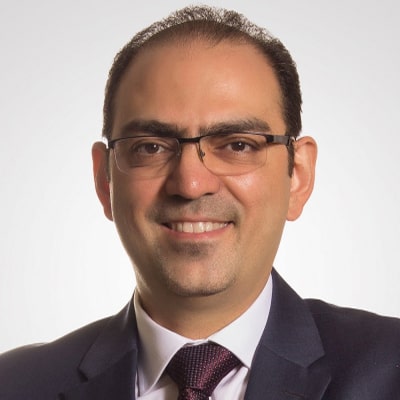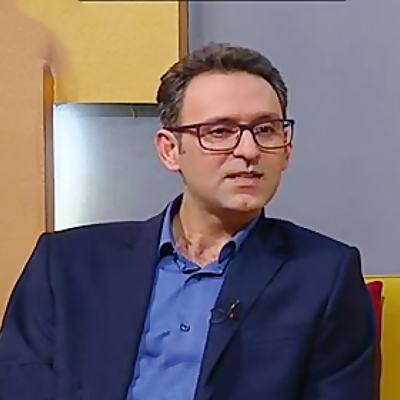Gastric Sleeve in Iran
Sleeve gastrectomy is a surgery to remove part of the stomach to help with weight loss. The surgery, which is also called gastric sleeve surgery, limits the amount of food your stomach can hold.
We help you to double your beauty! Get in touch with our consultants…


Stay in Iran
7 days
Recovery time
14-16 days
Clinic Stay
1 day
Stay in Iran
7 days
Recovery time
12-14 days
Clinic Stay
1 day
- Packeges
- Videos
- B & A Photos
- Surgeon
- Hotels
- FAQs
What Is Gastric Sleeve and How Does It Help with Weight Loss?
Sleeve gastrectomy is a surgery to remove part of the stomach to help with weight loss. The surgery, which is also called gastric sleeve surgery, limits the amount of food your stomach can hold.
The Gastric Sleeve Surgery (or Vertical Sleeve Gastrectomy) is a bariatric procedure that removes 75-80% of the stomach. It is now the most commonly performed bariatric procedure in Iran and worldwide. Our experts at Mediranco health tourism company help you choose the best procedures to attain your desired weight.
In this procedure, a portion of your stomach is removed, and the remaining pieces are joined to create a new, banana-sized stomach, or “sleeve.” You’ll feel full much more quickly than before with just a tiny sack (roughly one-tenth the size of your original stomach). You’ll be unable to eat as much as you once could, which aids in weight loss. Additionally, a part of your stomach that produces a hormone that increases appetite is removed during surgery.
Not everyone who is overweight is a candidate for a gastric sleeve, but if you are extremely obese and have another medical condition that would improve with weight loss, you might be. Before moving forward, you must understand the risks and advantages. If you qualify, there are several health advantages to consider that might outweigh the adverse effects. You can contact our experts who are more than eager to answer your queries 24/7.
Gastric sleeve Packeges in Iran
Premium
3,340$
- Treatment visa
- Airport pickup
- Transportation
- All medications
- Medical interpreter
- Simcard with internet
- Medical Photography
- 24/7 on phone Translator
- 5 Stars Hotel
Basic
3,150$
- Treatment visa
- Airport pickup
- Transportation
- All medications
- Medical interpreter
- Simcard with internet
- Medical Photography
- 24/7 on phone Translator
- 4 Stars Hotel
Basic
3,150$
- Treatment visa
- Airport pickup
- Transportation
- All medications
- Medical interpreter
- Simcard with internet
- Medical Photography
- 24/7 on phone Translator
- 4 Stars Hotel
Premium
3,340$
- Treatment visa
- Airport pickup
- Transportation
- All medications
- Medical interpreter
- Simcard with internet
- Medical Photography
- 24/7 on phone Translator
- 5 Stars Hotel
Gastric sleeve cost in Iran
Gastric sleeve surgery costs can vary widely based on the procedure and the hospital chosen. In the US, it typically runs at 18,000€, while in Europe, it’s around 12,000€, 9,000€ in Thailand, and 7,000€ in Turkey.
Fortunately, Iran provides cost-effective options for various aspects, from travel and accommodation to food and medical procedures. Gastric sleeve surgery in Iran is notably affordable, averaging 2,900€. Choosing Iran for your medical needs allows you to fulfill both your healthcare and budgetary requirements simultaneously.
Iran, the best country for gastric sleeve
Bariatric surgery is a commonly performed medical procedure in Iran, among other medical specialties. Cities like Tehran, Shiraz, and Mashhad have become preferred destinations for medical tourists, owing to abundant medical resources, well-equipped hospitals, experienced specialists, and technological advancements. The availability of comprehensive healthcare services has made Iran a sought-after location for individuals seeking various medical treatments, including bariatric surgery
Romanian girl choosing Iran for a perfect Gastric sleeve result
Others Video
Australian girl getting a Gastric Sleeve in Iran thinks it’s way better than you think
Australian girl getting a Gastric Sleeve in Iran thinks it’s way better than you think
Australian girl getting a Gastric Sleeve in Iran thinks it’s way better than you think
Australian girl getting a Gastric Sleeve in Iran thinks it’s way better than you think
Gastric Sleeve in Iran before and after
Before
after
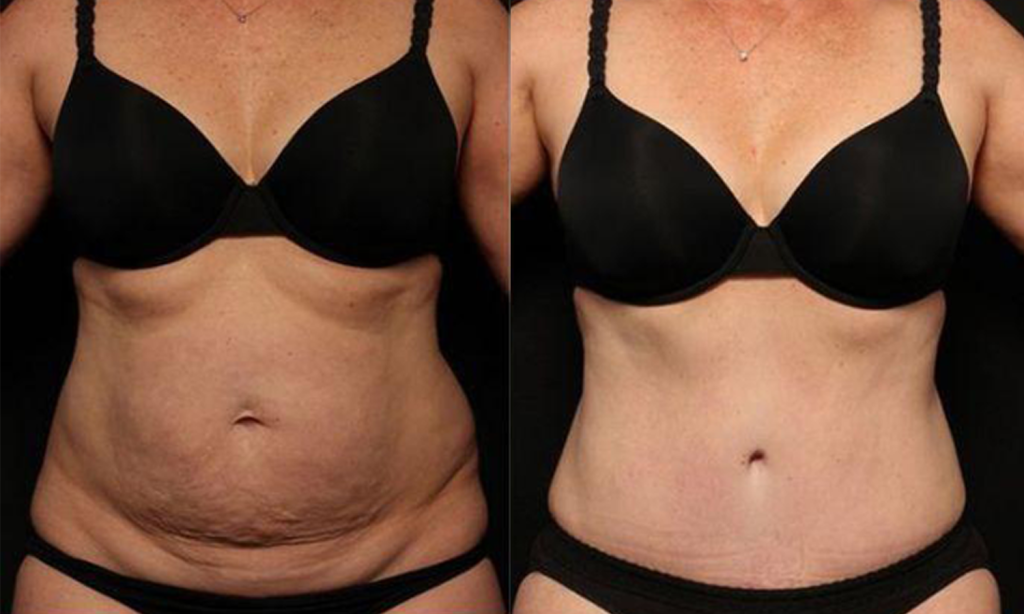
Before
after

Before
after
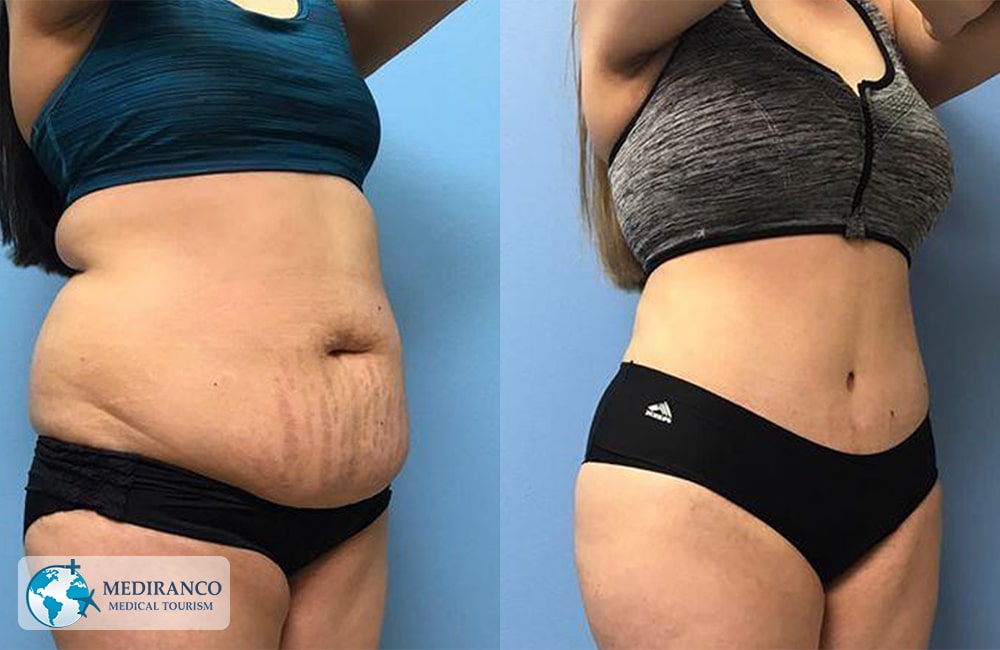
Before
after
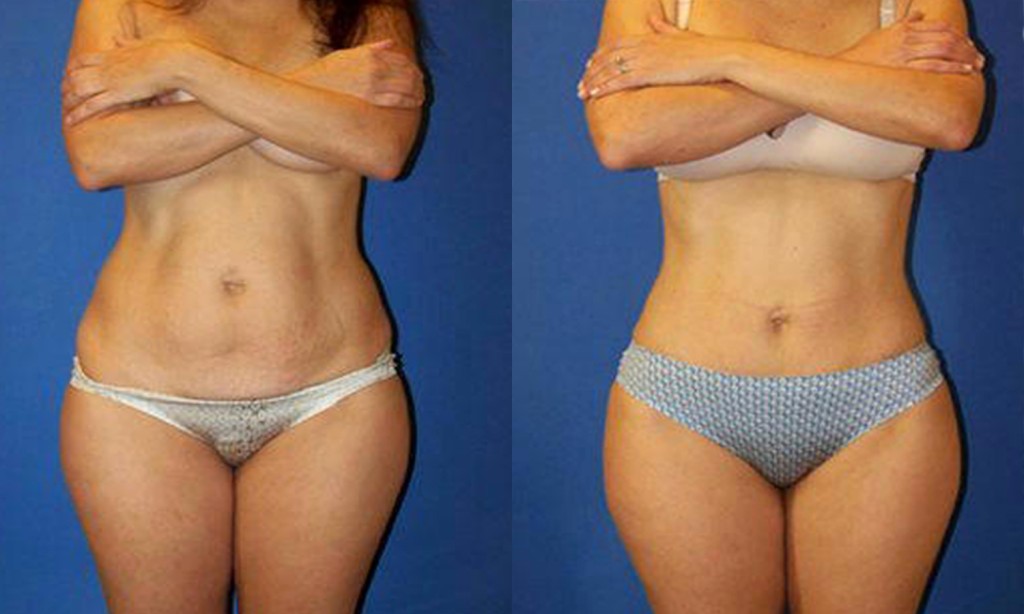
What Our Customer Say
Iesna
GB

Mediranco is an excellent agency they helped me arrange my whole trip to Iran and surgery with Dr. Hooman Ganjehkhosravi. From the moment I arrived in Tehran, I was greeted with warmth and hospitality that made…
Lydia
GB

I had a guide called sara who was absolutely amazing. She was so caring and kind and made sure I was comfortable and safe throughout my trip. I really recommend any one using mediran to book with sara!
Mansoor
DK
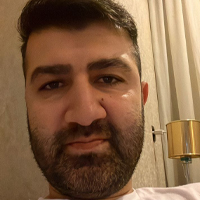
My name is Mansoor from Denmark .I highly recommend this mediranco. Mr Hossain was very kind and Good person. The Company mediranco is very fast to response. Thanks mediranco
Amal
AU

I had an amazing experience with Mediranco’s service. Traveling to Iran on November 1st, 2023, for Gastric sleeve surgery was truly incredible. From the airport pick-up to a farewell dinner on my last day, the journey was exceptional…
Now, let’s have a look at the photos of our patients in Iran!






Dr Shahriar Yahyavi
+2000
Successful Surgeries
12
Years of Experience
Successful Surgeries
+5
Dr Mitra Manavi
+2000
Successful Surgeries
12
Years of Experience
Successful Surgeries
+5
Dr kasra sabeti
+2000
Successful Surgeries
12
Years of Experience
Successful Surgeries
+5
Dr Farzad Nikouseresht
+2000
Successful Surgeries
12
Years of Experience
Successful Surgeries
+5
Dr Asadollah Mahdavi
+2000
Successful Surgeries
12
Years of Experience
Successful Surgeries
+5
Best gastric sleeve Surgeon Iran
sleeve gastrectomy procedure overview

The specifics of your surgery will depend on your unique situation and the policies of the hospital or doctor. Some sleeve gastrectomies are performed through traditionally large (open) abdominal incisions. However, a laparoscopic sleeve gastrectomy involves inserting tiny instruments through numerous tiny incisions in the upper abdomen. Laparoscopic surgery offers several advantages over traditional open surgery and is the used method in Iran. These advantages include: Smaller incisions: Laparoscopic surgery requires only small incisions, which results in less tissue damage, reduced scarring, and a quicker recovery time compared to open surgery. Reduced pain: Because the incisions are smaller and there is less trauma to the surrounding tissues, patients often experience less postoperative pain. Faster recovery: Patients undergoing laparoscopic surgery typically have a shorter hospital stay and a quicker return to normal activities compared to those undergoing open surgery. Lower risk of complications: Laparoscopic surgery generally carries a lower risk of complications such as infection and bleeding compared to open surgery. Before your surgery, a general anesthetic is administered. During surgery, anesthesia is a medication that keeps you relaxed and asleep. When performing a sleeve gastrectomy, the surgeon removes the larger, curved portion of the stomach and stitches the stomach vertically to form a narrow sleeve. A typical surgery lasts one to two hours. You awaken in a recovery room following surgery, where medical personnel check for any complications.
Hotels

Shiraz Hotel
Tehran, crossroad of chamran and valiasr, parsian esteghlal international hotel
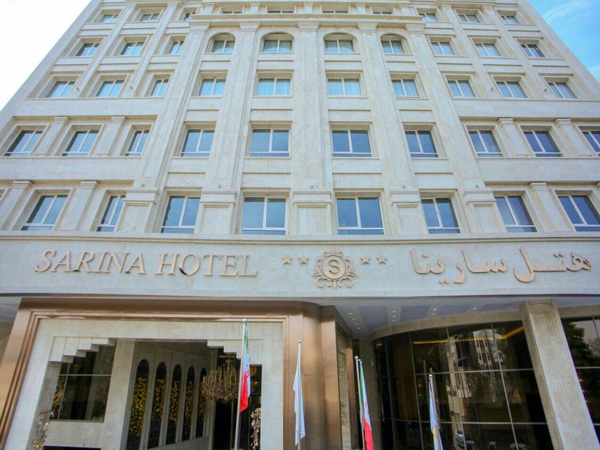
Sarina Hotel
Tehran, crossroad of chamran and valiasr, parsian esteghlal international hotel

SarayeAmeriha Boutique Hotel
Tehran, crossroad of chamran and valiasr, parsian esteghlal international hotel

Parsian Safaiyeh Hotel
Tehran, crossroad of chamran and valiasr, parsian esteghlal international hotel

Parsian Esteghlal Hotel
Tehran, crossroad of chamran and valiasr, parsian esteghlal international hotel

Parsian Azadi Hotel
Tehran, crossroad of chamran and valiasr, parsian esteghlal international hotel
How to Recover From gastric sleeve?
- Take time off work
Most patients take 7-10 days off work to recover from a gastric sleeve procedure. You will likely feel some discomfort and swelling during this time, so it is important to take it easy and rest.

- Follow your surgeon’s instructions
Guidance from your plastic surgeon is key post gastric sleeve. Adhere to their instructions meticulously for effective care. Your surgeon will provide details on cleaning the area, managing swelling and pain, and scheduling follow-up appointments. Keep your head elevated during the initial days to reduce swelling, and your surgeon might recommend a nose splint or cast for protection. Additionally, pay attention to your diet—following your surgeon’s advice on nutrition and fluid intake contributes to a smooth recovery. Trust the process and ensure the best outcomes by following your surgeon’s personalized care plan.

- Avoid strenuous activities:
You should avoid strenuous activities such as exercise, heavy lifting, and bending over for at least two weeks after the procedure. This will help to minimize swelling and prevent any damage to the delicate tissues in your nose.

- Take your medications as directed
If prescribed pain medication, take it as directed to alleviate any post-procedure discomfort. Also, to ensure the best results and prevent infections, diligently take the prescribed antibiotics. Timely and consistent medication intake is crucial, so stay on schedule and trust your surgeon’s advice for a smooth and successful recovery.

- Use cold compresses
Applying cold compresses to your nose can help to reduce swelling and discomfort. Be sure to follow your surgeon’s instructions on how often to use cold compresses and how long to apply them for.

- Attend follow-up appointments
Applying cold compresses to your nose can help to reduce swelling and discomfort. Be sure to follow your surgeon’s instructions on how often to use cold compresses and how long to apply them for.

- Avoid alcohol and smoking
Applying cold compresses to your nose can help to reduce swelling and discomfort. Be sure to follow your surgeon’s instructions on how often to use cold compresses and how long to apply them for.

What will you do in consultation?
- Medical history: Any pre-existing conditions, medications, or allergies
- Weight history: Current weight, previous weight loss attempts
- Lifestyle: Smoking, dietary habits, commitment to post-operative changes
- Mental health: Any history of depression or anxiety
- Expectations: Understanding of risks, readiness for lifelong changes
Gastric Sleeve or Gastric Bypass Are They the Same?
Gastric sleeve surgery and gastric bypass surgery are both bariatric procedures used to help individuals lose weight, but they are not the same.
Gastric sleeve surgery, also known as sleeve gastrectomy, involves removing a portion of the stomach to create a smaller, sleeve-shaped stomach. This restricts the amount of food that can be eaten and reduces feelings of hunger by decreasing the production of the hunger hormone ghrelin. It does not involve rerouting or bypassing the intestines.
Gastric bypass surgery, on the other hand, involves creating a small stomach pouch by stapling or dividing the stomach and then connecting it directly to the small intestine. This bypasses a portion of the stomach and the first part of the small intestine (duodenum), reducing the absorption of calories and nutrients from food.
While both procedures can lead to significant weight loss and improvement in obesity-related health conditions, they work through different mechanisms. Gastric sleeve surgery primarily restricts food intake, while gastric bypass surgery combines restriction with malabsorption.


Am I a good candidate for Gastric Sleeve?
You are a good candidate if your BMI is above 35. People with a BMI between 32 and 35 can also have the acceptability for gastric sleeve if they have hard comorbidities such as high blood pressure, diabetes, and sleep apnea. It is believed that the best candidates for gastric sleeve are those with a BMI over 40. If you have decided to have gastric sleeve surgery, consult with a consultant and discuss your overall health condition. Mediranco’s medical consultants help you choose the best type of weight loss surgery by analyzing your medical documents and photos. You’ll want to know the risks and advantages, what makes someone a good candidate for the operation, and what long-term commitments you need to make to keep the results. Our doctors at Mediranco team are available for answering all your questions.Gastric sleeve surgery, like any surgical procedure, carries risks and potential complications. Some of the risks and complications associated with gastric sleeve surgery are typical risks seen in any other major surgery like bleeding, infection, blood clots and drug allergies. Some other risks more related to gastric sleeves are:
- Leaks: Leakage of stomach contents from the staple line or surgical connections can lead to serious complications such as infections or abscesses.
- Gastrointestinal issues: Some patients may experience nausea, vomiting, or acid reflux following surgery.
- Stenosis: Narrowing of the sleeve can occur, leading to difficulty swallowing or food intolerance.
- Dumping syndrome: Rapid emptying of stomach contents into the small intestine can cause symptoms such as nausea, weakness, sweating, and diarrhea after eating high-sugar or high-fat foods.
- Nutritional deficiencies: Reduced stomach size can affect the absorption of essential nutrients, leading to deficiencies in vitamins and minerals such as iron, calcium, vitamin B12, and folate.
- Gallstones: Rapid weight loss can increase the risk of developing gallstones, which may require further treatment.
- Weight regain: While gastric sleeve surgery can lead to significant weight loss, some patients may regain weight over time if dietary and lifestyle changes are not maintained.


It’s crucial to remember that the risk of complications varies from person to person and can be influenced by factors such as the patient’s overall health, adherence to post-operative guidelines, and the experience of the surgical team. Patients considering gastric sleeve surgery should thoroughly discuss these risks and benefits with their healthcare provider and undergo a comprehensive evaluation to determine if the procedure is appropriate for them. Additionally, long-term follow-up care and lifestyle changes are essential for successful outcomes and minimizing risks.Bariatric surgery is a commonly performed medical procedure in Iran, among other medical specialties. Cities like Tehran, Shiraz, and Mashhad have become preferred destinations for medical tourists, owing to abundant medical resources, well-equipped hospitals, experienced specialists, and technological advancements. The availability of comprehensive healthcare services has made Iran a sought-after location for individuals seeking various medical treatments, including bariatric surgery.
Why is Iran the best choice for your gastric sleeve?
- Reasonable Pricing in Iran:
Fair sleeve surgery cost in Iran is one of the main factors that is quite important to patients as higher treatment costs become a burden. People migrate from their country to some popular medical destinations in search of low and affordable medical treatment. Iran is a destination that offers budget-friendly, high-quality medical care as compared to countries providing quality medical treatment at higher rates.
- Advanced Treatment Options in Iran:
In Iran, advanced treatment options for gastric sleeve surgery include minimally invasive techniques like laparoscopy, enhancing precision and reducing recovery time. Multidisciplinary teams collaborate to provide comprehensive care, integrating specialists like bariatric surgeons, dietitians, and psychologists. Patient-centered approaches prioritize individual needs and emphasize long-term lifestyle changes. Ongoing research and adherence to international standards ensure high-quality care. Iran’s medical community offers innovative solutions for obesity management, providing patients with access to state-of-the-art facilities and expertise in gastric sleeve procedures, fostering better outcomes and patient satisfaction.
- Bundle of Treatment and Vacation in Iran:
While it can be challenging to take a break in our busy lives, it is a brilliant idea to bundle up treatment and vacation. The Asian country offers both based on its rich history, ancient landmarks, beautiful architecture, and favorable climatic conditions. Many cities in Iran are proper for treatment and vacation, such as Tehran, Shiraz, Isfahan, and Mashhad, where you can enjoy nature’s beauty and discover many ancient monuments. Therefore, while getting treated, vacationing in such a wonderful country is an opportunity not to be missed. You may want to use Mediranco’s support team’s help for further information.
Will the weight loss last after gastric sleeve surgery?
The long-term success of weight loss after gastric sleeve surgery can vary among individuals. While many patients experience significant and sustained weight loss following the procedure, maintaining weight loss requires adherence to dietary and lifestyle changes. Research suggests that most patients can expect to lose a substantial amount of excess weight within the first 12 to 18 months after surgery. However, the rate of weight loss may slow down over time, and some individuals may experience fluctuations in weight. To optimize long-term success, patients must commit to lifelong changes in eating habits, physical activity, and overall lifestyle. Regular follow-up with healthcare providers, including monitoring for nutritional deficiencies and addressing any potential complications, is also essential.
Why wouldn't I be able to get the gastric sleeve?
Gastric bypass surgery is the recommended procedure for obese people with difficulty swallowing and gastroparesis (food lingers in the stomach for an extended period) instead of a gastric sleeve. Patients suffering from severe gastroesophageal reflux disease (GERD), particularly those with Barrett’s esophagus, should also undergo gastric bypass surgery. Gastric sleeve surgery is not considered a contraindication for patients with mild reflux.
How long will I be in the hospital after the gastric sleeve operation?
The majority of patients are discharged the same day. Those recovering from this surgery are recommended to consume plenty of water in order to stay hydrated. Pain from minor incisions is generally treated at home with oral pain medicines. Almost all patients can walk a few hours following gastric sleeve surgery and may begin their clear liquid diet the following day.
Will the gastric sleeve cause heart burn?
Overall, the relationship between gastric sleeve surgery and heartburn varies among individuals. While some may experience relief from heartburn symptoms following surgery, others may need to manage or address new or worsening symptoms through lifestyle modifications, dietary changes, medication, or further medical intervention. Consulting with a healthcare provider is crucial for evaluating and managing any symptoms of heartburn after gastric sleeve surgery.
What is the typical weight loss after gastric sleeve?
A 50 to 70 percent loss of excess weight is expected over a one- to two-year period following gastric sleeve.
Can I drink alcohol after gastric sleeve?
The Mediranco bariatric team advises you not to drink alcohol. It has the potential to harm your stomach pouch and cause bleeding. In addition, following surgery, your legal intoxication threshold is considerably reduced.


